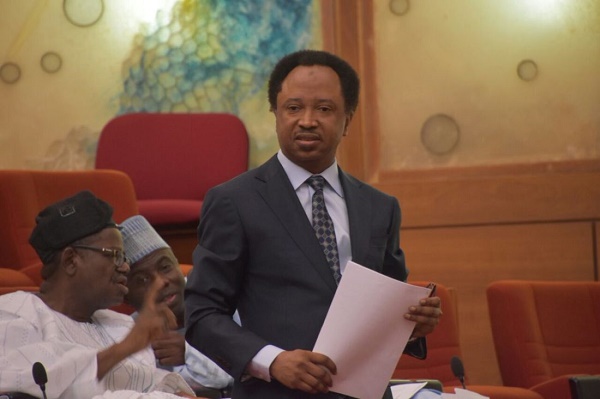Shehu Sani, senator representing Kaduna central, says he is opposed to the bill seeking to regulate non-governmental organisations (NGO).
Since the bill’s emergence in the national assembly, it has had its fair share of vocal proponents and opponents.
The bill’s critics see it as an instrument to stifle NGOs under the guise of regulation.
Chidi Odinkalu, former chairman of the National Human Rights Commission (NHRC), had made a video detailing why it should not be allowed to come to life but Umar Jibril, deputy majority leader of the house of representatives, assuaged some of his concerns in a statement in defence of the proposed legislation.
Advertisement
Weighing in on the controversial bill in a Facebook post on Saturday, Sani said the increasing cases of human rights abuses and intolerance to divergent views makes it “dangerous” to support the bill.
The senator explained that he is opposing the bill to “protect and preserve our fundamental rights to freedom of expression and of assembly”.
He said it is very clear the law would be abused by people in power.
Advertisement
“The increasing cases of human rights abuses and intolerance to divergent views across the country makes it dangerous to endorse or support any bill aimed at regulating the activities of the NGOs,” Sani said.
“I will stand against this bill to protect and preserve our fundamental rights to freedom of expression and of assembly.
“The tendency of the bill when it becomes law [to] be abused by people in the position of power is clear.”
Advertisement
The bill, which has seven chapters and 58 clauses, states that “funds pledged by donors (to NGOs) must be disclosed before implementation of project, including mode of disbursement and condition attached to the funding by donor. Funds from overseas must be channelled through normal banking system”.
Clause 26 of the bill says “a project formulated by an organisation for eventual implementation in the country shall be approved by the relevant ministry and registered with the commission before implementation”.
Add a comment







